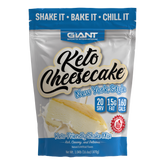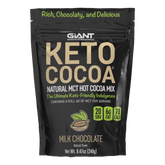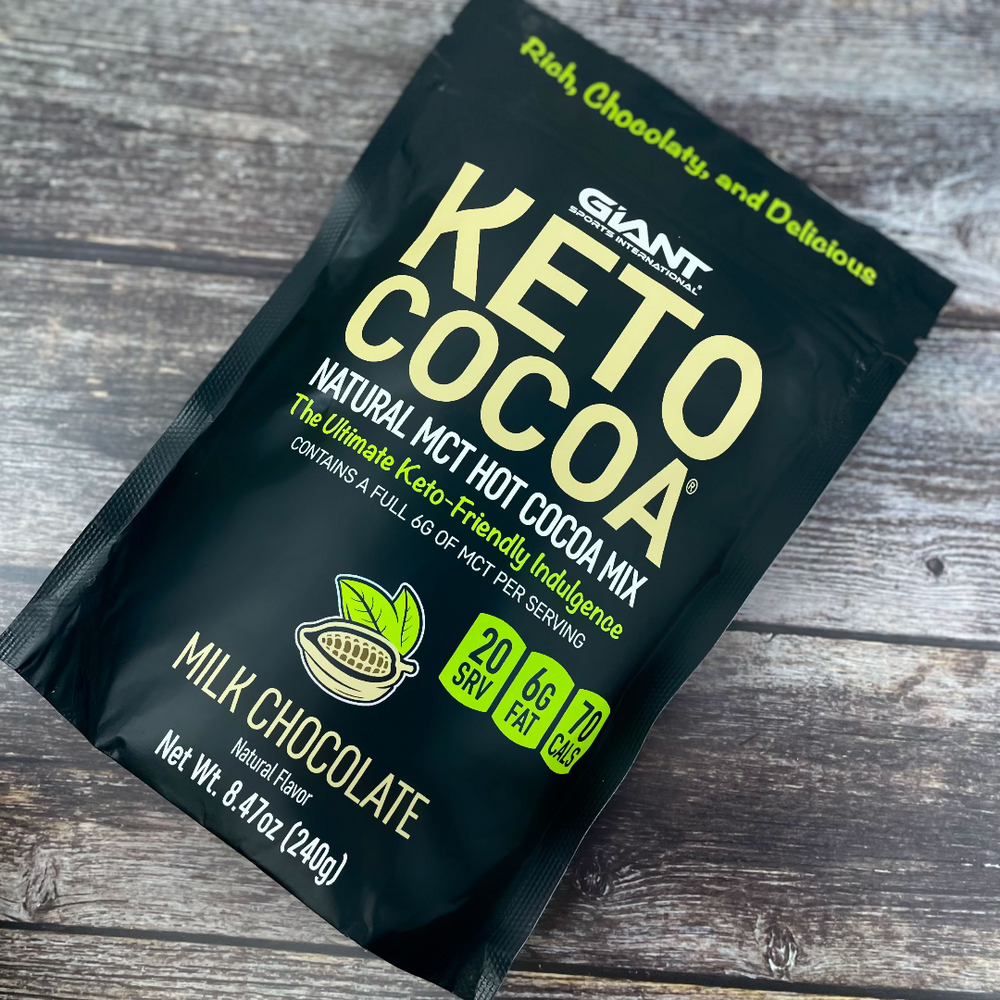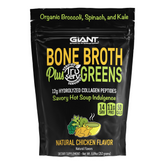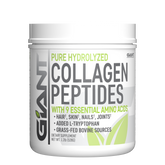How to Lean Bulk: Overview, Guide, and Best Foods

Are you a fitness enthusiast who has been struggling to figure out the best way to build muscle and stay lean at the same time? A popular new method of bulking that many people are turning to is known as "lean bulking". Lean bulking offers a combination of building new muscle while also helping maintain an overall lean look. It allows for rapid gains in size with minimal increases in body fat levels, making it an attractive option for those looking for more substantial results from their workouts. In this blog post, we'll take a closer look at what exactly lean bulking is, how it works and why so many gym-goers are opting for it over traditional methods of achieving mass. By understanding the basics behind this rebuilding technique, you'll be able to decide if it's right for your situation!
What is "lean bulking"?
Lean bulking is an ideal way to build muscle while avoiding much of the undesirable fat gain that often comes with bulking up. It involves a careful balance between eating enough calories to promote muscle growth and burning an appropriate amount of body fat. Lean recipes involve high-protein, low-calorie recipes that provide energy and satisfactory satiation without the added unhealthy processed fats and sugars found in most store-bought products. Eating good sources of protein such as fish, chicken, eggs, and nuts along with complex carbohydrates and healthy fats will help reduce inflammation and support muscle building exercises like weight lifting or bodyweight training. If you are looking for ways to add lean mass successfully, focus on a healthy diet including homemade recipes for lean bulking.
How to "lean bulk"?
Lean bulking is a great way to gain muscle while staying relatively lean. This approach typically takes more discipline and planning than other bulking techniques, but the results can be difference-making if you're aiming to have a body that looks good and is fit for any activity. When it comes to lean bulking, the right foods are essential so you don't derail your progress. A must-have in your recipes portfolio is lean cuts of beef, such as sirloin steak or flank steak, along with extra-lean ground beef when making burgers or tacos. Seafood options like salmon or tuna should definitely be on the menu too, not just because they're packed with protein but also due to their Omega-3 fatty acid content. Complex carbohydrates like brown rice and quinoa are important parts of recipes when trying to bulk up as well, since these complex carbs provide sustained energy throughout the day and also act as sources of dietary fiber. Try out some new recipes that include these ingredients for an enjoyable experiences that's sure to help in your journey of trying for a fit body!

Why "lean bulk" and the benefits
Fitness and gym enthusiasts have embraced a concept known as 'lean bulking'. Essentially, lean bulking involves eating enough calories to build muscle, but not so much that it results in an inevitable increase in fat mass. It's a great way for athletes to add some extra muscle to their frames without the additional weight gain that usually comes with traditional weight-gain programs. One of the major benefits of lean bulking is that recipes tailored specifically for this type of diet are easy to find online and tailor to personal preferences and goals. By consuming recipes designed specifically to promote muscle growth while cutting excess fat accumulations, lean bulking can maximize gains while also helping keep body fat within healthy and safe levels.

The Dark Side of Fitness Trends
Lean bulking can be a tempting choice if you’re hungry for quick results, but it's important to understand why it can be dangerous and emotionally damaging. To undertake a lean bulk, you need to increase your caloric intake while maintaining an intense workout routine - one that's a step up from what your body is used to. This can be hard on your mental health, leading to burnout or feelings of inadequacy if you don't reach your fitness goals as quickly as hoped. In addition, following recipes for high calorie smoothies or shakes exclusively isn't a healthy approach either - although these recipes may give you the necessary macronutrients and calories you require, they aren’t likely to provide enough micronutrients like vitamins and minerals that are essential to long term health. Lean bulking is a great option if done correctly and safely, but caution is required and emotional awareness is needed in order to make sure it doesn't become overwhelming or unsustainable in the long run.

Educational Video
